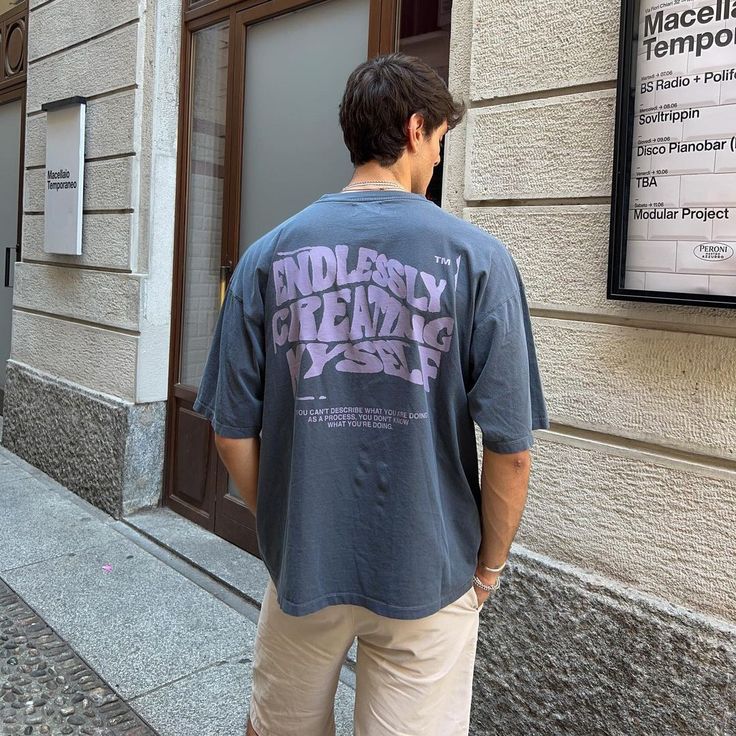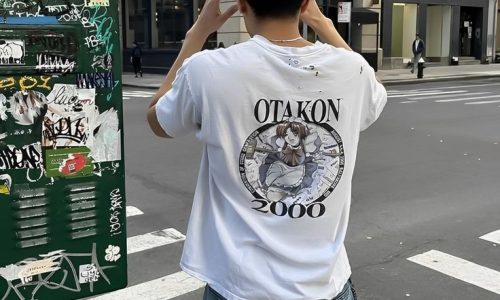
Fashion with a Purpose: Sustainability Reigns in 2025
Introduction
In the evolving world of fashion, a groundbreaking transformation is underway—one that prioritizes responsibility, environmental mindfulness, and ethical consciousness. The year 2025 marks a pivotal point in the industry’s history, where style and sustainability intertwine like never before. From innovative materials to responsible manufacturing processes and transparent supply chains, the global fashion scene is embracing an ethos of purpose-driven elegance. This article explores how fashion in 2025 is not just about looking good but doing good—shaping a future where style serves a greater cause.
Sustainable Materials Leading the Charge in Modern Apparel
Fashion in 2025 no longer revolves solely around aesthetics; instead, it begins with the very fibers that compose garments. Designers and brands are increasingly opting for environmentally friendly fabrics such as organic cotton, hemp, bamboo viscose, Tencel, and recycled polyester. These textiles offer the dual benefit of reducing ecological impact while maintaining superior quality and comfort.
Innovations in textile engineering have introduced bio-fabricated materials derived from mushrooms, algae, and even lab-grown leather. These developments signify a departure from resource-intensive practices of the past, paving the way for garments that are biodegradable, compostable, and regenerative. Veluvashop, among other visionary brands, is championing this transformation by sourcing materials that align with a circular economy mindset, ensuring that every piece contributes to a healthier planet.
Ethical Production Practices Reshaping the Industry
The fashion supply chain, once criticized for its opacity and labor exploitation, is undergoing a radical overhaul. In 2025, ethical production is not a luxury but an expectation. Brands are forging partnerships with certified factories that prioritize fair wages, safe working conditions, and workers’ rights. The use of blockchain technology to track and verify each step of the manufacturing journey adds a layer of accountability never seen before.
Consumers are more informed and conscientious than ever, demanding to know the origins of their clothing. In response, companies are adopting full transparency—publishing factory audits, sharing stories of artisans and workers, and engaging in open dialogue about production challenges. This cultural shift ensures that fashion reflects values of dignity, integrity, and social responsibility.
Conscious Consumerism Fueling a Global Movement
Shoppers in 2025 are no longer passive participants in the fashion cycle—they are active agents of change. Conscious consumerism is reshaping demand patterns, with individuals choosing to invest in timeless, versatile, and responsibly produced garments rather than succumbing to fleeting trends.
Rental fashion, secondhand shopping, and clothing swaps are gaining widespread popularity, as consumers seek to minimize waste and extend the lifespan of apparel. Digital platforms facilitate peer-to-peer exchanges, while brands offer repair services and take-back programs to support circularity. This behavior signifies a cultural awakening—one where purchasing decisions are informed by ethical considerations, environmental awareness, and a deep desire to reduce overconsumption.
Technology Driving Sustainable Innovation in Fashion
Technological advancements are playing a crucial role in accelerating the sustainability agenda within the fashion industry. From AI-driven supply chain optimization to 3D garment modeling and zero-waste pattern making, innovation is minimizing resource use and maximizing efficiency. Augmented reality allows customers to virtually try on clothes, reducing returns and the associated carbon footprint.
Smart textiles embedded with sensors, recyclable components, and modular features allow for dynamic, long-lasting garments. Moreover, AI tools are helping brands predict demand more accurately, curbing overproduction—a persistent challenge in fast fashion. Veluvashop and its contemporaries are embracing these tools to create intelligent systems that marry style with environmental stewardship.
Circular Fashion Ecosystems Redefining Ownership
The linear take-make-dispose model of the past is being replaced by circular fashion systems designed to keep materials in use for as long as possible. Upcycling, garment recycling, and closed-loop production are central pillars of this shift. Designers now consider a garment’s entire lifecycle during the creative process, from inception to end-of-life.
Veluvashop’s approach involves designing for disassembly, utilizing mono-materials, and eliminating harmful dyes and finishes that impede recycling. Customers are encouraged to return worn items in exchange for store credit, ensuring that products are repurposed or remade rather than discarded. This framework supports a regenerative approach that treats clothing as valuable resources, not disposable commodities.
Inclusivity and Accessibility in Sustainable Fashion
The sustainable fashion movement in 2025 is characterized not only by its environmental goals but also by its commitment to inclusivity. Ethical style is no longer reserved for the elite; it is becoming accessible to diverse socioeconomic backgrounds. Brands are prioritizing size inclusivity, adaptive clothing for individuals with disabilities, and culturally sensitive design that honors different identities and traditions.
Through affordable pricing models, community collaborations, and educational campaigns, sustainability is demystified and democratized. Veluvashop and like-minded innovators believe that everyone deserves access to clothing that is both beautiful and responsibly made. This shift promotes a fashion culture that values empathy, representation, and equal opportunity.
Sustainability as the Core of Brand Identity and Culture
In 2025, purpose-driven branding is more than a marketing strategy—it is a philosophical foundation. Companies are embedding sustainability into their mission, operations, and organizational culture. From leadership decisions to employee practices, every facet reflects a deep commitment to environmental and social betterment.
Veluvashop exemplifies this ethos by fostering a culture of innovation, transparency, and purpose. Employees receive sustainability training, while cross-functional teams collaborate on eco-conscious initiatives. Customers become brand advocates, drawn not only to aesthetic appeal but to the meaningful impact their choices enable. Fashion becomes a dialogue between brand and buyer—a shared journey toward a better world.
Conclusion: The Future Woven with Responsibility
As 2025 unfolds, the fashion landscape reveals a vibrant tapestry woven with responsibility, innovation, and care. The age of thoughtless consumption is giving way to a future where every thread, seam, and silhouette carries significance. Veluvashop stands as a beacon of this new paradigm, proving that fashion with a purpose is not just possible—it is powerful, transformative, and deeply needed.
The journey continues, led by those who dare to imagine a world where beauty uplifts, materials regenerate, and clothing tells a story of hope and harmony. In this reimagined future, sustainability reigns—not as a trend, but as the enduring soul of fashion itself.


